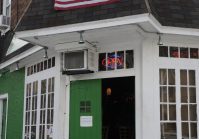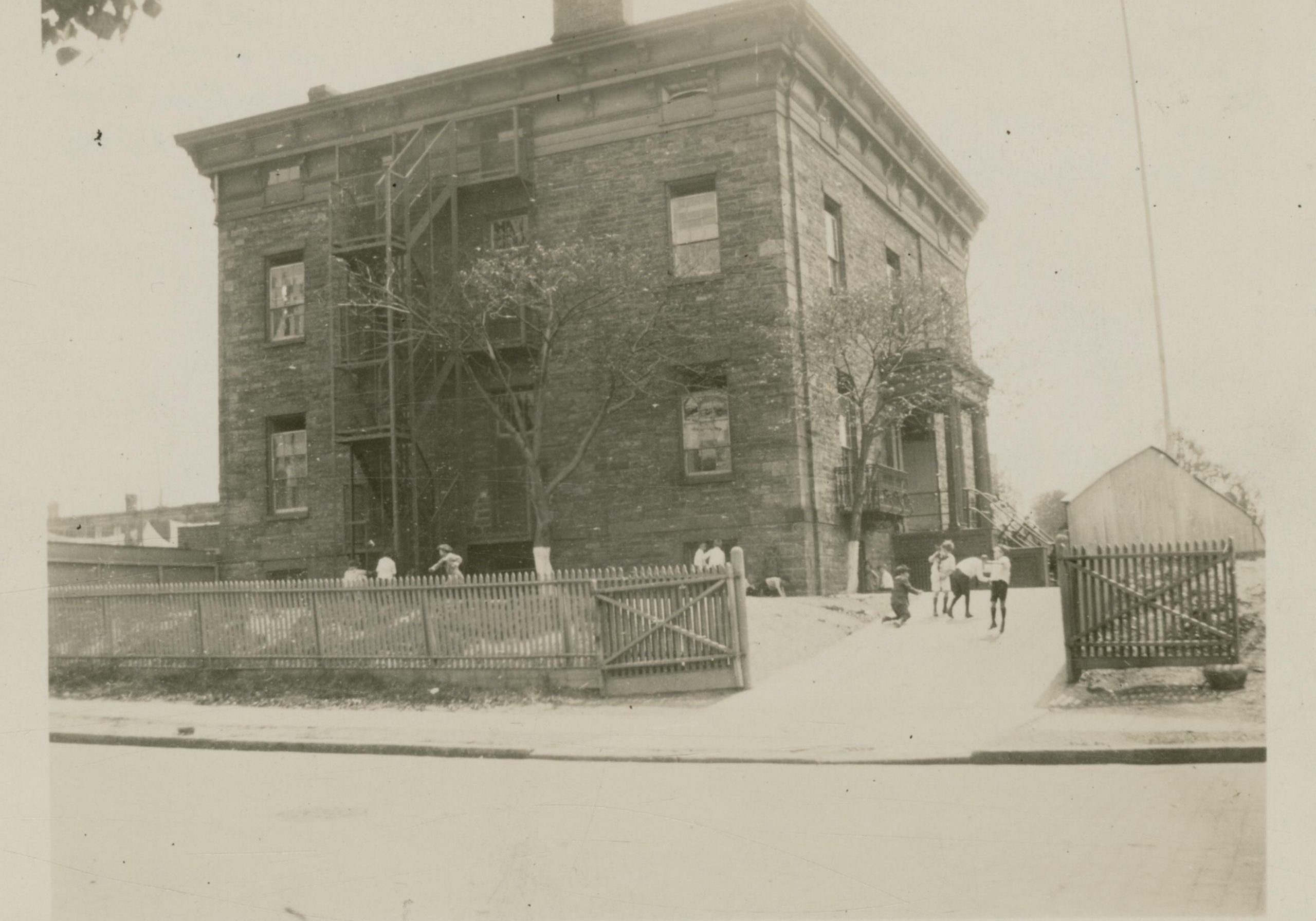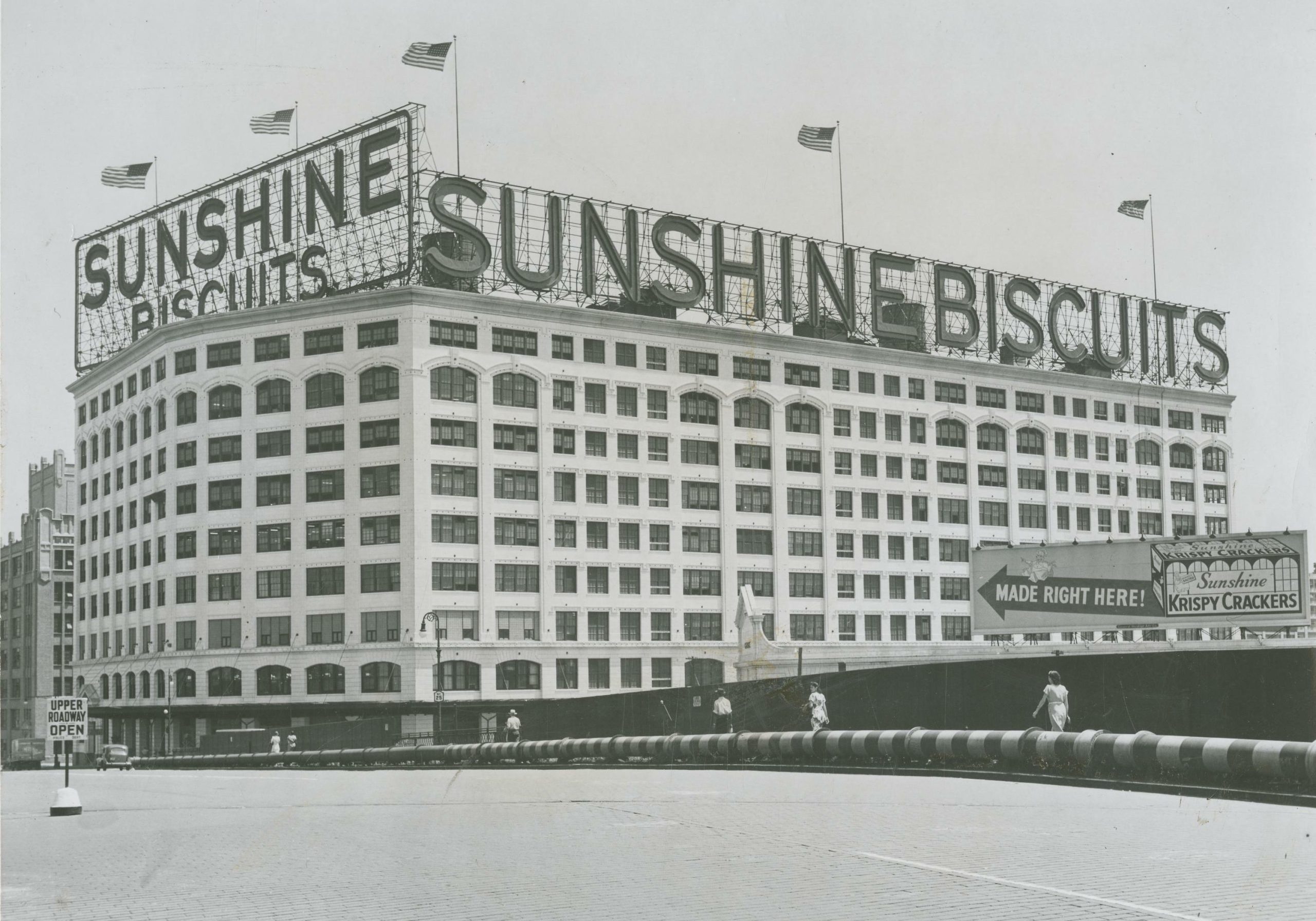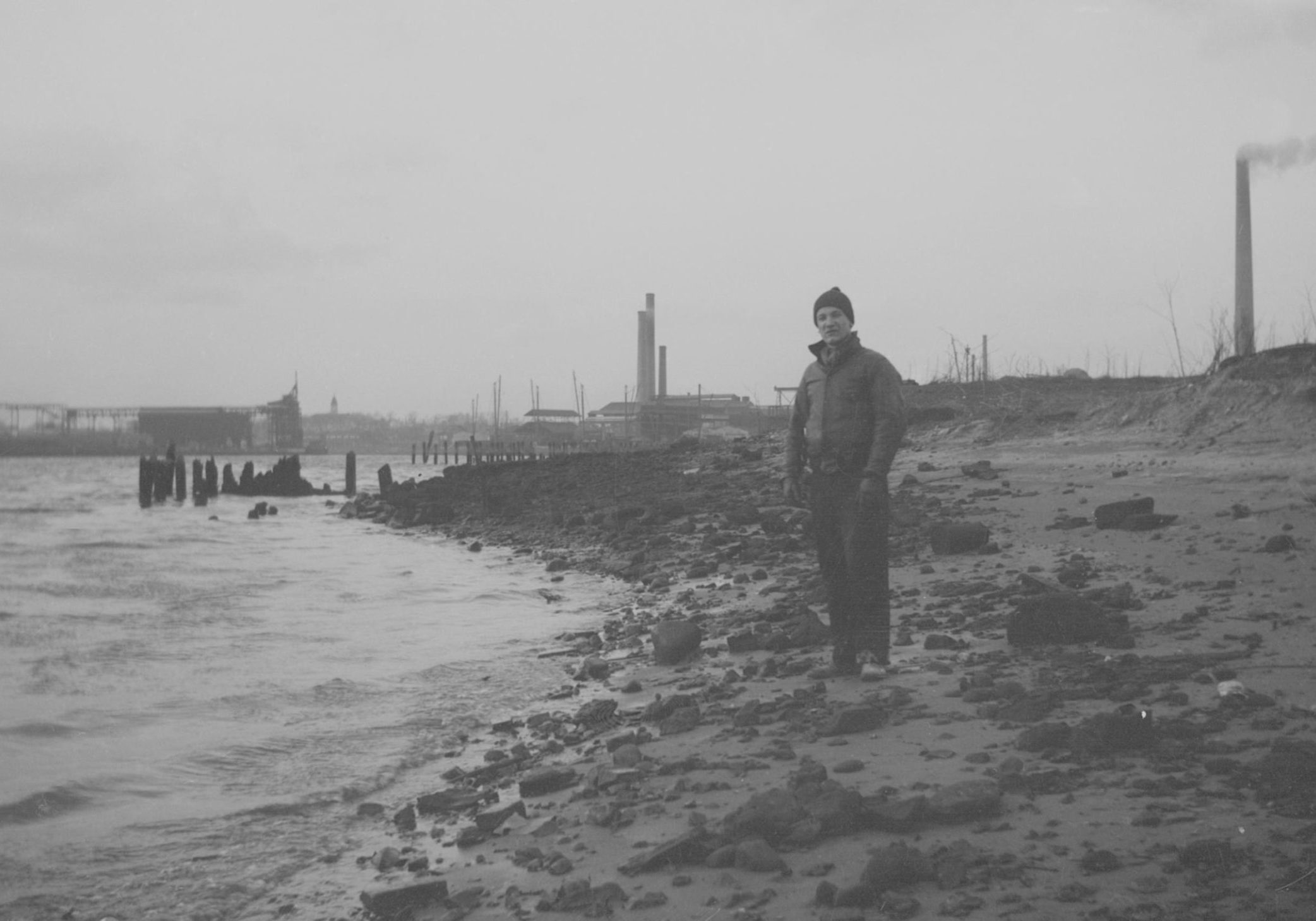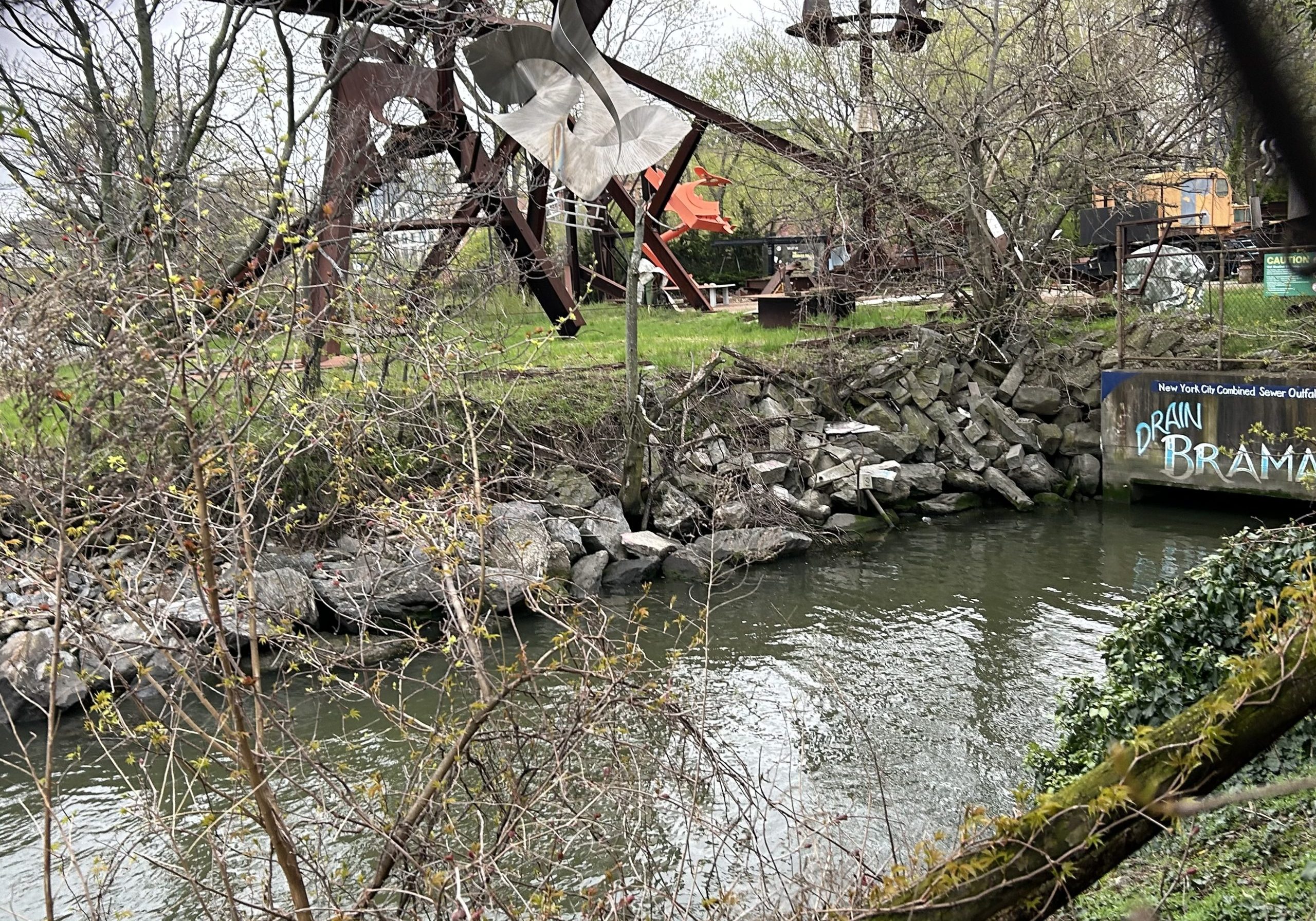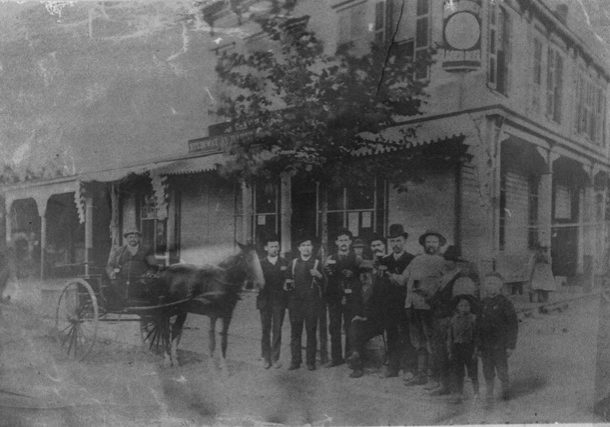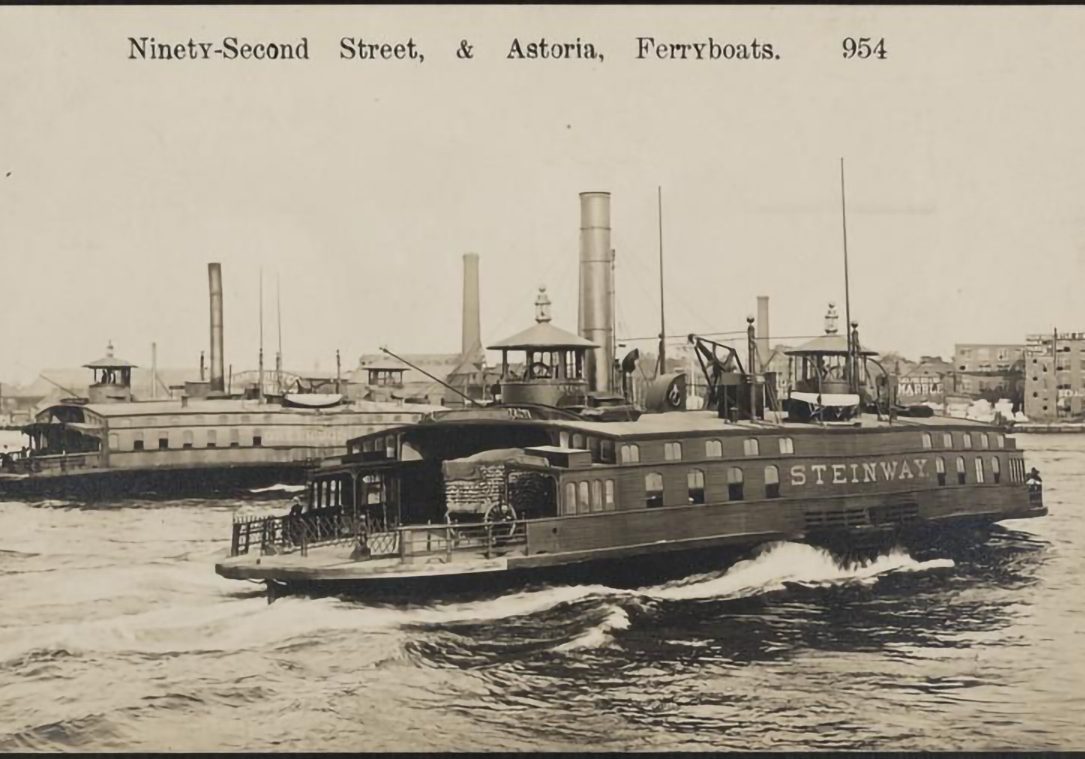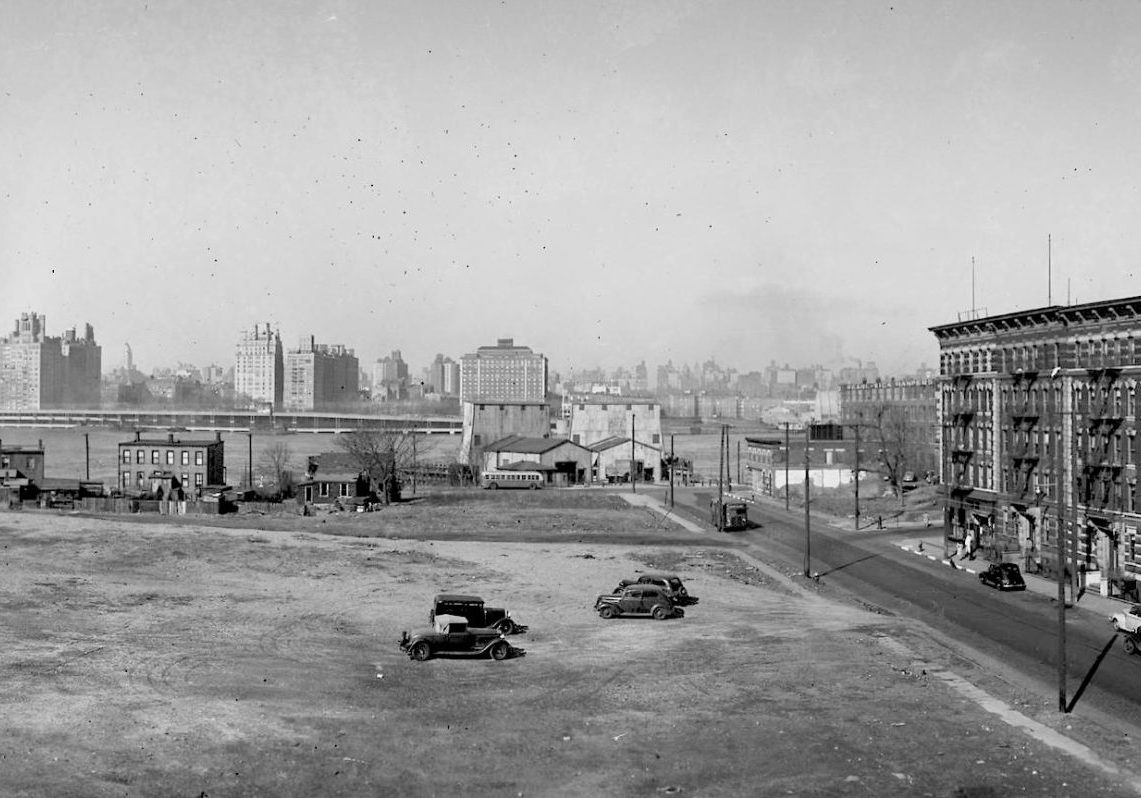Astoria Named Most Polluted Neighborhood
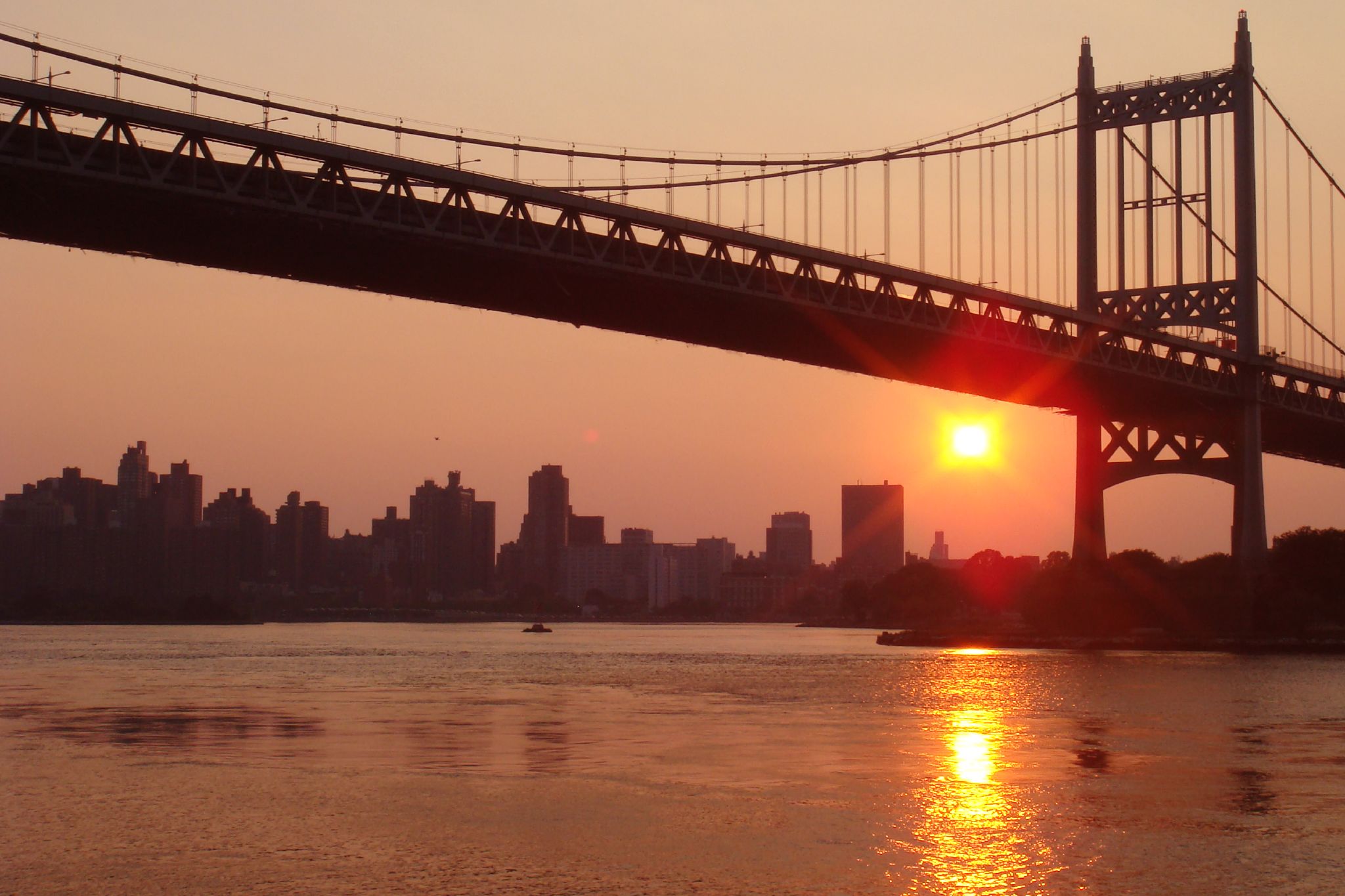
This is definitely not something great. We can see why – we’ve got a mix of factories, cars, congested streets and air space – and there always seems to be some type of construction on every other block kicking up dirt.
Surveys show, as first reported by the Queens Gazette, that Astoria and LIC top the list of Queens neighborhoods that are clogging up your lungs and making your air unpleasant. We’re not the most polluted in New York City – that honor, obviously, goes to Manhattan neighborhoods, but we’re not far behind.
The results are the findings of Dr. Newman, who works as a cardiologist at NYU Langone Medical Center. What he found was a correlation between the air pollution different neighborhoods, and the amount of residents suffering from carotid artery stenosis. What that essentially means is that pollution causes your carotid arteries (carotid arteries are two large blood vessels that supply oxygenated blood to the large, front part of the brain) to clog up. No oxygen = bad. This puts you at risk for things like stroke or heart disease, and possibly even death.
Here’s some tips from the Environmental Protection Agency on how to reduce air pollution:
At Home
- Conserve energy – turn off appliances and lights when you leave the room.
- Recycle paper, plastic, glass bottles, cardboard, and aluminum cans. (This conserves energy and reduces production emissions.)
- Keep woodstoves and fireplaces well maintained. You should also consider replacing old wood stoves with EPA-certified models.
- Plant deciduous trees in locations around your home to provide shade in the summer, but to allow light in the winter.
- Buy green electricity-produced by low-or even zero-pollution facilities.
- Connect your outdoor lights to a timer or use solar lighting.
- Wash clothes with warm or cold water instead of hot.
- Lower the thermostat on your water heater to 120F.
- Use low-VOC or water-based paints, stains, finishes, and paint strippers.
- Test your home for radon-a dangerous, radioactive gas that is odorless and tasteless. If the test shows elevated levels of radon, the problem can be fixed cost effectively.
- Choose not to smoke in your home, especially if you have children. If you or your visitors must smoke, then smoke outside.
Buy Smart
- Buy ENERGY STAR products, including energy efficient lighting and appliances. They are environmentally friendly products.
- Choose efficient, low-polluting models of vehicles.
- Choose products that have less packaging and are reusable.
- Shop with a canvas bag instead of using paper and plastic bags.
- Buy rechargeable batteries for devices used frequently.
Drive Wise
Plan your trips. Save gasoline and reduce air pollution.
- Keep tires properly inflated and aligned.
- In the summertime, fill gas tank during cooler evening hours to cut down on evaporation. Avoid spilling gas and don’t “top off” the tank. Replace gas tank cap tightly.
- Avoid waiting in long drive-thru lines, for example, at fast-food restaurants or banks. Park your car and go in.
- When possible, use public transportation, walk, or ride a bike.
- Get regular engine tune ups and car maintenance checks (especially for the spark plugs).
- Use an energy-conserving (EC) grade motor oil.
- Ask your employer to consider flexible work schedules or telecommuting.
- Report smoking vehicles to your local air agency.
- Join a carpool or vanpool to get to work.
For Your Health
- Check daily air quality forecasts, which tell how clean or polluted your air is, and the associated health concerns.
- Remove indoor asthma triggers from your home and avoid outdoor triggers in order to effectively control your asthma.
- Minimize your sun exposure. Wear sun block and UV protection sunglasses.




